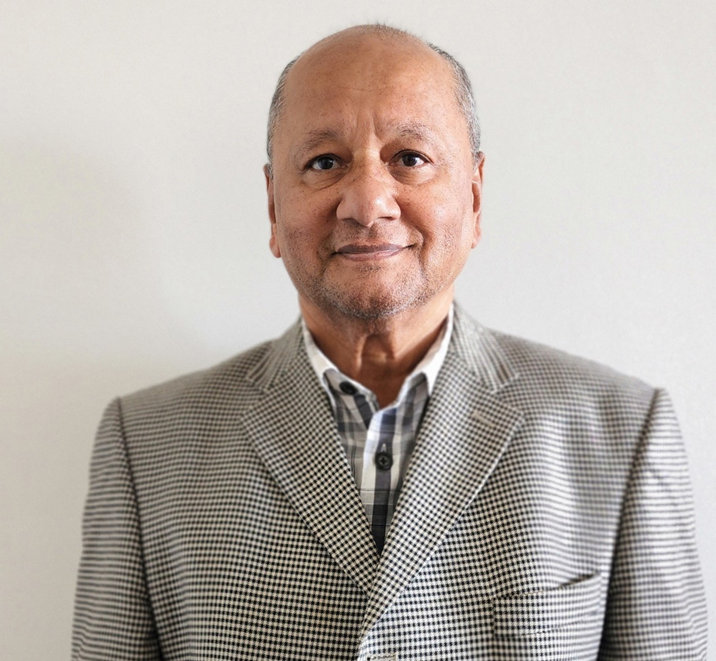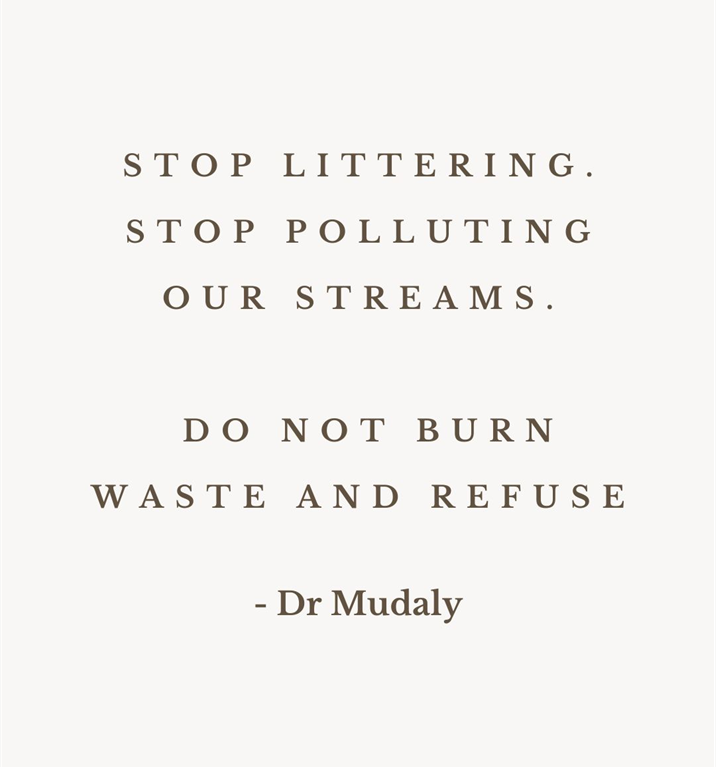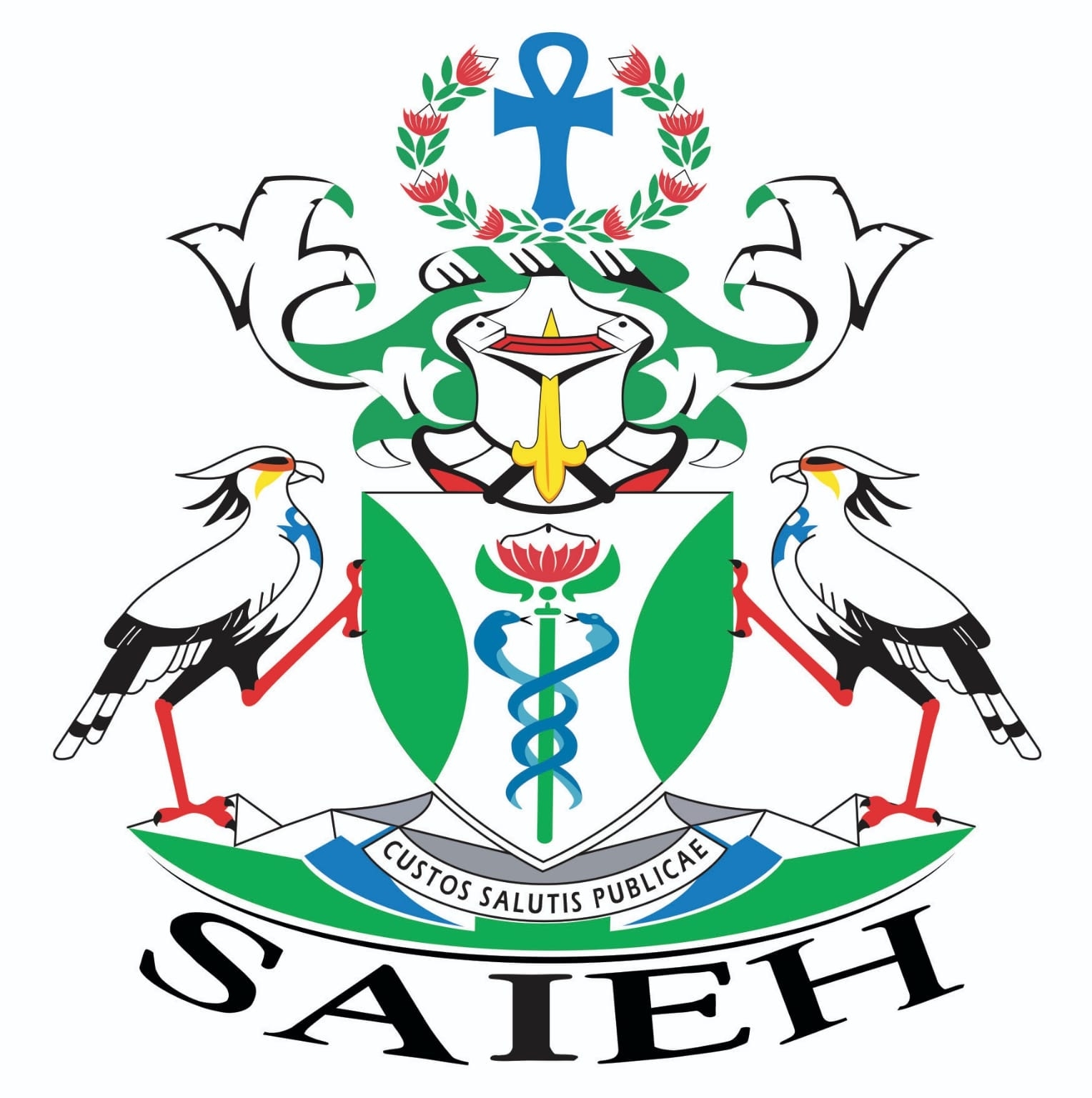Publications
Interview with Dr. Salva Mudaly and Association Management Company (AMC)


Celebrating World Environmental Health Day, AMC took the initiative to interview the South African Institute of Environmental Health President, Dr Selva Mudaly. For those who don’t know, Dr Mudaly has over 43 years of environmental practitioner experience. In 2022 he was awarded the Eric Foskett award for his contribution to Environmental Health Internationally. This award is the most prestigious award for Environmental Health from the International Federation of Environmental Health, the World Body representing 43 countries globally.
Here are the questions and responses from the interview that took place:
1. The World Environmental Health Day is on 26 September 2022, with the theme “Our Planet, Our Health”. Could you briefly explain environmental health to those who don’t know?
The theme for World Environmental Health Day is “STRENGTHENING ENVIRONMENTAL HEALTH SYSTEMS FOR THE IMPLEMENTATION OF THE SUSTAINABLE DEVELOPMENT GOALS.”
Environmental Health is the branch of public health concerned with monitoring, mitigating, and correcting environmental factors that affect human health and disease, including all aspects of the natural and built environment affecting human health and the requirements that must be met to create a healthy environment.
2. As President of the South African Institute of Environmental Health, what are your key goals for the Institute?
The key goals are as follows:
• To advance and promote the science and practice of Environmental Health
• Affiliate and liaise with Local, National, and International bodies aimed at promoting the science and practice of Environmental Health as well as public/community health
• Protect and promote the interests and status of all members registered with the Institute
• Promote strong unity amongst members irrespective of race, colour, sex, religion, creed, political aspiration and/or affiliation
• Promote the professionalism of our members
• Create structures that would promote and enable involvement and participation in the affairs of the Institute by members at all levels
• Promote basic training and comprehensive and specialised advanced education in environmental health research.
3. What is your biggest challenge, as president, of the South Africa Institute of Environmental Health?
The biggest challenge is funding to implement our aims and objectives. We rely on our member’s subscriptions and the training we conduct from time to time.
The issue of getting the municipal and national governments to work with us and listen to the real challenges that Environmental Health Practitioners face on the ground. Minimal emphasis is paid to Environmental Health Services. They only realise the actual value of EHPs when there is an outbreak of diseases, World cups and other International events in our country; the question is, why then and not always?
4. Dr Mudaly, we know you have been vocal about the lack of investment within your industry in the past. Would you say the government is taking your concerns seriously, or are you still side-lined?
I must admit that government and municipalities are slowly starting to address Environmental Health issues, but this is very slow, and in particular, in Municipalities, the most significant issue is lack of funding. When there is an outbreak of diseases, money is found very quickly. Why do we not plan and ensure municipalities are resourced to meet these challenges?
There is a need to fast-track the recognition, resources, and workforce for Environmental Health
5. According to the Climate Transparency Report of 2021, South Africa was recognised as having the highest carbon intensity in Africa. What steps is South Africa taking to lower the country’s carbon emissions?
New legislation, visible law enforcement, and the establishment of the Climate Change Advisory Board to the Presidency are major steps being taken. The Department of Environmental Affairs, forestry and fisheries are now playing a more visible role in dealing with transgressors. There are discussions about phasing out of coal, especially at Eskom; this is a good start.
6. There is a growing water crisis in our country in townships and rural areas. What would you say is causing this spike in water shortages and contamination? How do we go about solving this problem?
There has been serious damage to water infrastructure because some of this infrastructure is old and compromised. As the population increases, there is a greater water demand, and migration to the cities puts a lot of pressure on municipalities to provide services. Furthermore experienced, highly trained, and skilled employees have left the service or retired, and highly trained employees are not easy to replace. There is definitely a shortage of this personnel.
There is a need to rapidly start a skilling programme to get the right personnel for the job.
7. As a country, we are also facing deforestation. It is estimated that the country has lost up to 50% of its forests. How does your Institute go about tackling an issue like this?
Unfortunately, we are not directly involved with deforestation.
8. South Africa is facing a shortage of environmental practitioners. What is your Institute currently doing to inspire young people to pursue this profession?
There is no shortage of Environmental Health Practitioners in South Africa.
The problem we face is that municipalities are not employing EHPs at the required level required in those municipalities due to funding, and Environmental Health is not prioritised within municipalities.
The intake in Universities is still taking place, but what is the use when they qualify? They cannot get placement for Community Services and cannot be employed. There is a severe shortage of EHPs in municipalities; not a single municipality in the country meets the minimum standard, i.e. 1 EHP per 10,000 populations. Many qualified EHPs are sitting at home and do not have jobs as municipalities are not employing them.
9. Does your Institute currently have systems and structures to ensure all stakeholders have a shared vision of ensuring that South Africa becomes much safer from an environmental health perspective?
It must be remembered that the South African Institute of Environmental Health is an NPO and does not have any full-time staff working for it.
All of us are volunteers. We try to work with our partners, both South African Local Government Association (SALGA) and the Swiss Embassy in South Africa.
We take every opportunity to do presentations when invited to gatherings, conferences, workshops, and meetings.
10. What goals would you and your board love to complete in the next 12 months?
We are currently undertaking two projects. We want to complete the water pump project in ward 7 Fama, Qhumanco Village in Engcobo, Chris Hani District Municipality, Eastern Cape.
We also want to complete the Smart Village Project in Venda.
Additionally, we want to complete the signing of the MOA with SALGA and the Department of Environment, Agriculture and Fisheries.
11. What advice would you give ordinary South African citizens on the actions they should take to improve the health of our environment?
Stop littering
Stop polluting our streams
Do not burn waste and refuse
Prevent pollution of the air
Report illegal dumping and pollution in our rivers
Do better by:
Starting home gardens. Plant trees where you can.

